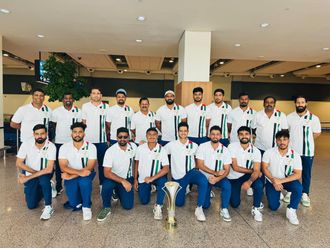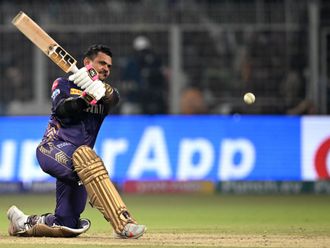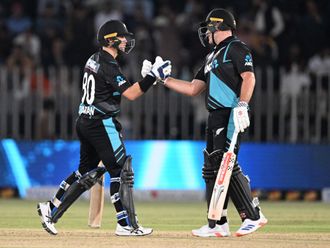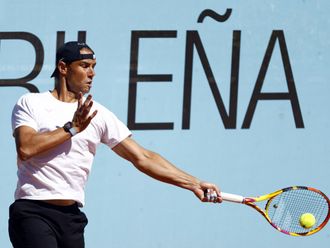The knee-jerk reaction of the Indian cricket board to overhaul the coaching staff in England is, well, just that. One doesn’t have to be an insider to make out that it’s only a cosmetic move which — to look at the bigger picture — has managed to kill two birds with a stone.
While it suddenly makes the Board of Control for Cricket in India (BCCI) look like a body which lays great emphasis on accountability, it has also managed to deflect the heat off the skipper, Mahendra Singh Dhoni.
With due regards to Ravi Shastri’s abilities as a motivator and a shrewd cricketing brain, what magic recipe is he expected to provide as the director of the team only for the one-day series? The former all-rounder has clarified he will ‘oversee’ everything but Duncan Fletcher will be very much in charge of the team, playing the troubleshooter very much in the short term.
Despite their glaring inadequacies as a Test team, Dhoni and co are expected to fare much better in the shorter format against England and the general feeling is that everything may be swept under the carpet. It will be a completely different ball game back on home soil and against the toothless West Indians in a few months’ time, though it could all be under a new coach.
The possible successor to Duncan Fletcher is expected to be the million-dollar question in Indian cricket soon, and given the popular sentiment, the vote could well be for an Indian incumbent. The BCCI has shown a method in the madness in selection of the three assistant coaches who have served the game diligently in the country, though there’s no guarantee as to their continuity.
Faced with a somewhat similar situation after the debacle in the 2007 World Cup, the BCCI had turned to Shastri (again on a short-term basis) with a back-up team in Venkatesh Prasad and Robin Singh. However, soon afterwards Gary Kirsten took charge of the Indian team and he brought in his ‘own men’ — leading to the rather unceremonious exits of both Prasad and Singh. The foreign coaches have, by and large, shown an inclination to work with their own team and Fletcher has been no exception.
The driving factor in the selection of a possible successor to Fletcher should be, to my mind, the competence of the incumbent rather than the nationality. Some of the most defining moments of Indian cricket over the last 15 years (leaving side the T-20 World Cup in 2007) came under two foreign coaches in John Wright and Kirsten — and there is no harm in casting the net far and wide again.
Incidentally, the Indian board had zeroed in on an ageing Fletcher because their first choice, Andy Flower, was not available. While it would be a dream scenario to have someone like a Rahul Dravid or a V.V.S. Laxman in the hot seat, it should be cold logic, and not emotion, determining the final choice.
We will wait and watch!












